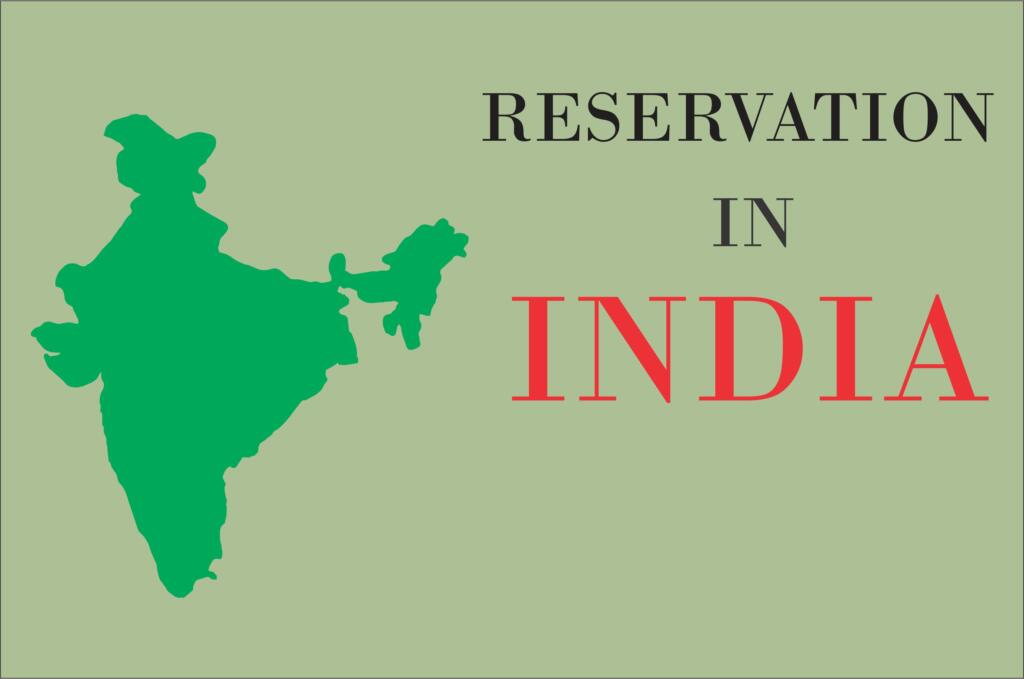If reservation was meant for social equality, then why are we still playing with the general category candidates? Isn’t this bias? If people respect Dr. Bhimrao Ambedkar so much, then why aren’t they respecting his decision of reservation for a limited time? Do general category candidates not need jobs or deserve to live with dignity? And what about meritocracy? How will India develop with such reservation policies? These leaders are not using their brains now; they just have one thing in mind: political gain, either by hook or by crook.
“Jairam Ramesh has stated that raising the reservation limit to over 50% and placing it in the Ninth Schedule of the Constitution is not sufficient because the country’s courts can review and halt it. He suggested that the 50% reservation limit should be removed through a constitutional amendment to provide reservations for SC, ST, and OBC communities.”
The Push for Expanded Reservation
A prominent Congress leader recently advocated for legislative action to surpass the current 50% cap on reservations. This proposal aims to enhance opportunities for Scheduled Castes (SCs), Scheduled Tribes (STs), and Other Backward Classes (OBCs). However, critics argue that such a move could potentially undermine the very fabric of meritocracy and equal opportunity.
Challenges of Existing Reservation Policies
The reservation system, originally intended as a temporary measure, has become a permanent fixture in Indian society. The Patna High Court’s recent decision to overturn Bihar’s attempt to raise reservations to 65% highlights the legal complexities surrounding this issue. This ruling underscores the need for a balanced approach that doesn’t overstep constitutional boundaries.
Proposed Solutions and Their Pitfalls
The primary proposal involves passing a Constitutional Amendment Bill to allow reservations beyond 50%. While this might seem like a straightforward solution, it risks opening a Pandora’s box of social and political issues.
Potential negative impacts include:
– Diminished focus on merit in education and employment
– Increased social division and resentment
– Potential brain drain as talented individuals seek opportunities elsewhere
Ninth Schedule Protection: A Band-Aid Solution?
The suggestion to include reservation laws in the Constitution’s Ninth Schedule appears to be a stopgap measure rather than a comprehensive solution. This approach may provide temporary legal protection but fails to address the root causes of social inequality.
The Need for Alternative Approaches
Instead of simply expanding reservation quotas, policymakers should consider more nuanced solutions:
1. Emphasis on Economic Criteria
Shifting focus from caste-based to economic-based reservations could more effectively address current socio-economic disparities.
2. Improving Education Quality
Investing in quality education across all social strata would create a more level playing field without relying solely on quotas.
3. Skill Development Initiatives
Implementing robust skill development programs could empower disadvantaged communities more effectively than expanded reservations.
4. Time-Bound Reservation Policies
Introducing sunset clauses for reservation policies could encourage periodic reassessment of their necessity and effectiveness.
Political Implications and Responsibilities
The Congress leader’s call for the BJP to clarify its stance on reservation expansion highlights the political sensitivity of this issue. However, responsible governance requires looking beyond vote bank politics to implement sustainable solutions.
Long-Term Consequences of Expanded Reservations
Increasing reservations beyond 50% could have far-reaching, negative consequences:
1. Erosion of Meritocracy
An over-reliance on quotas may lead to a decline in overall competence and efficiency in various sectors.
2. Social Tension
Expanded reservations could exacerbate inter-caste and inter-community tensions, potentially leading to social unrest.
3. Economic Impact
Excessive reservations might deter foreign investment and hinder India’s economic growth by creating a perception of compromised merit.
4. Administrative Challenges
Implementing and managing an expanded reservation system could strain administrative resources and lead to increased litigation.
Conclusion: Rethinking Reservation Strategies
As the nation grapples with these complex issues, policymakers must prioritize sustainable solutions that address the root causes of inequality. This may involve moving beyond the traditional reservation system towards more innovative and inclusive policies.
The coming months will be crucial in shaping India’s approach to social equity. It’s imperative that any changes to the reservation system are made with a long-term vision, balancing the needs of all segments of society while promoting overall national progress.
ALSO READ: China has drastically reduced its investment in Pakistan due to …….?
